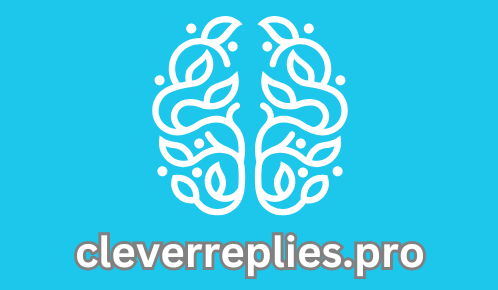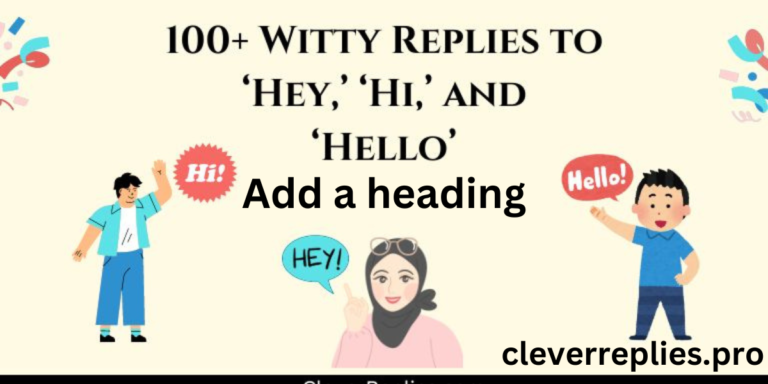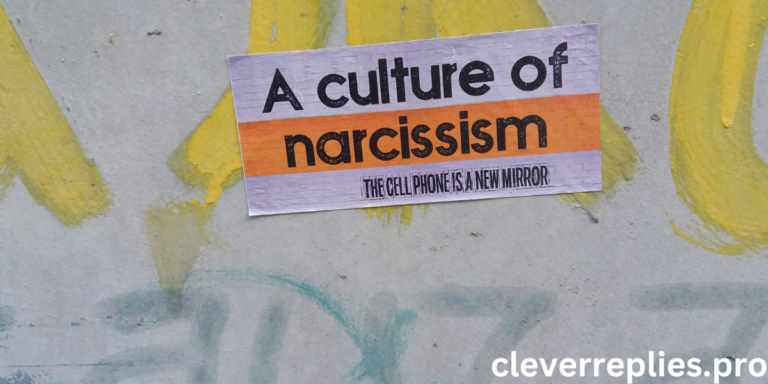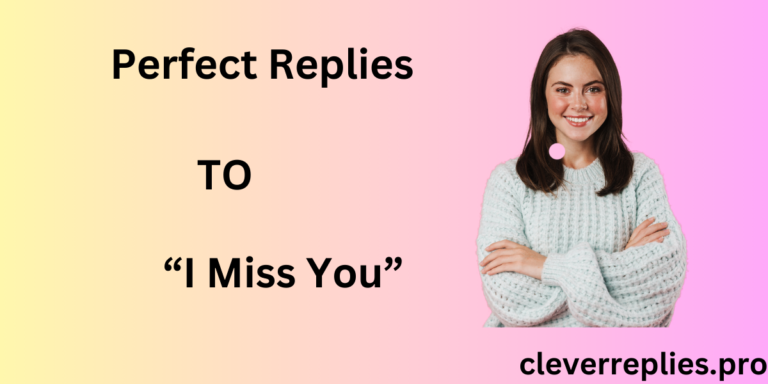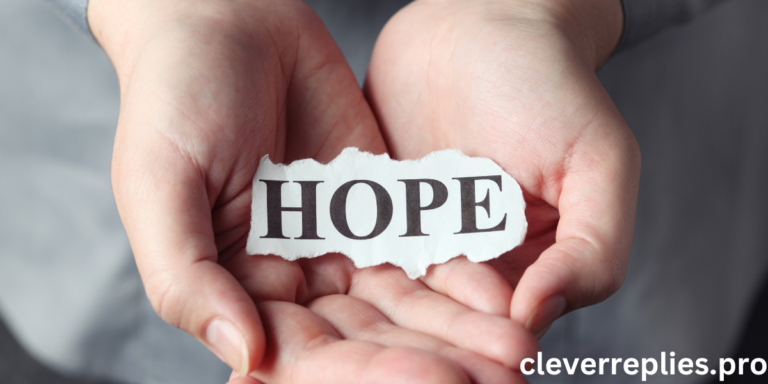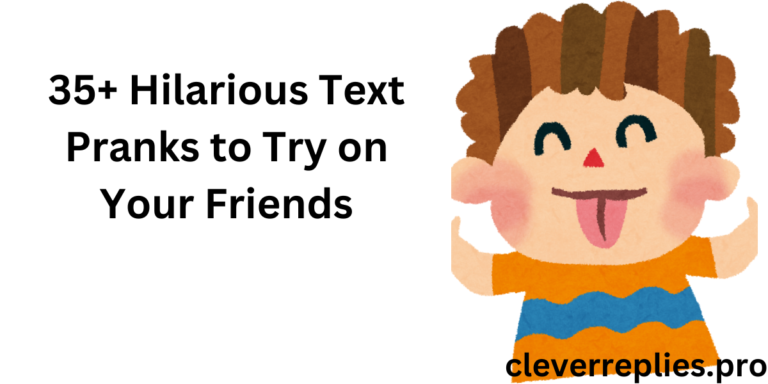10 Popular Variations of the Term “Pookie”
Introduction
The word “pookie” may sound cute and friendly, but it can be used in a lot of different situations. This silly word has made its way into everyday language in strange ways. “Pookie” can mean different things in different cultures and groups, from sweet nothings whispered to loved ones to jokes that might make you scratch your head.
Want to know what makes this little word so useful? Come with us as we look into the interesting history of the word “pookie,” including where it came from, how it has been used in different ways, and even how it shows up in popular culture today. You can find a lot of interesting information here, whether you’re here to laugh or learn more about this strange phrase.

Where did the term come from?
“Pookie” comes from a word that means “friend” or “playmate.” Many people think it came from American English around the middle of the 20th century, but the exact date of its start is not clear.
People often use the word “pookie” to refer to babies, but it probably came from parents calling their kids “pookies” to show they loved them. These kinds of words often come from the way people naturally speak, where softer sounds make a warm atmosphere.
It’s interesting that over time, it became used for more than just family ties. It became used for romantic connections and friendships as well. The word “pookie” became part of everyday language as people looked for fun ways to connect with each other.
Different groups of people had different reactions because of cultural factors. The cute thing about this little word is not only how it sounds, but also how it always makes people feel happy and loved.
What different words mean Pookie
The word “pookie” has changed over time and now has many different meanings. One of the main ways to use it is as a cute nickname for someone you care about. Parents often call their kids “pookie” with love, which makes the bond between them stronger.
The word “pookie” can also be used to describe someone who seems too innocent or sweet. Instead of being mean, it’s a cute way to show how gentle someone is.
Interestingly, it has a completely different meaning in some places, especially when it comes to drug society. In this case, “pookie” could mean certain drugs or even the act of using them. This big difference shows how language changes depending on the situation and the people who speak it.
Another layer is regional slang. For example, in cities, you might hear variations like “pook” or “pookster,” each with its own taste while still making fun of the original word in playful ways.
When used as a pet name, “pookie”
Pookie is a cute and friendly nickname that is often used. Several people save it for someone they love, like a partner, child, or close friend. The soft sound of the word makes you think of love and closeness.
You can tell someone is joking when they call you “pookie.” It’s not just a name; it’s like putting a warm blanket of love around someone. This word makes me think of times when people laughed together and shared secrets.
“Pookie” can be used in a lot of different situations because it is so flexible. Parents might call their kids this when they’re being silly, and couples might use it when they’re feeling close.
There’s something special about using unique nicknames that show how close you are. That’s exactly how Pookie makes you feel, and she adds a cute touch to everyday talks.
Phonies are a slang word for drugs
Nouns like “pookie” have made their way into everyday speech, especially in drug culture. This word is often used to talk about crack cocaine, and it carries a lot of street cred and hard truths.
People in some groups think that calling someone “Pookie” means they use or sell drugs. The name makes you think of people who are struggling to stay alive while dealing with addiction.
The link between these two things shows how language changes in different groups. This example of how quickly a nickname can change into a word linked to drug abuse shows how flexible our language is.
It also shows problems in society related to drugs, like how people might name others or themselves based on their drug use. When new slang words come out, they often have stories and struggles behind them.
In pop culture, Pookie
There are many places in popular culture where the word “pookie” can be found, making movies and songs stand out. It’s often used as a jokey nickname and makes characters feel loved on screen.
A lot of hip-hop artists use the word in their songs, showing how it can be used in different ways and how it can mean love or friendship. Fans like how this makes them feel close to the band.
The word “pookie” is also used a lot on TV shows. It’s used to show love for family, friends, or even pets in sitcoms, plays, and movies.
This word has become even more common thanks to social media. Memes with funny pookie references often go popular, appealing to younger people who enjoy catchy slang.
Through these outlets, “pookie” keeps changing and winning over fans of all ages. It brings people of all ages and countries together through simple but powerful language.
The rise of different spellings and versions
The word “pookie” has changed over time, resulting in an interesting range of different forms and usages. Although each version is different, they all have the same heartfelt or fun feel to them.
People often think of the word “pooky” when they want to feel cute and cuddly. If you want to show affection in a cute way, this is the perfect card for you. It feels softer and more playful.
The second word, “pook,” sounds less formal. This shorter form can feel less personal but still friendly, which makes it attractive to younger people who want to be on trend.
Finally, “pookster” makes things even more fun. It not only makes people feel closer, but it also adds humor to talks, which is a fun twist that gets people’s attention.
As these other words become more popular online and in everyday speech, they show how flexible our language can be. Language is always changing based on culture and social relationships.
How people use “pookie” varies by region
The way people in different parts of the country use “pookie” can be very interesting. In some places, it’s a cute nickname for a loved one, but in others, it means something completely different.
In the Southern United States, for example, families often call each other “pookie” as a pet name. I feel happy and nostalgic when I hear it. Many people there might call their kids or partners “pookies” without giving it a second thought.
In contrast, the term has become more linked with drug culture in cities like New York City and Los Angeles. When someone says they met a “pookie,” they’re usually talking about someone who is utilizing illegal drugs.
These differences show how language changes depending on the group and the situation. As people from different countries meet and mix on social media and through travel, words like “pookie” keep changing meanings in different places.
Pookie on the web and in jokes
“Pookie” is a word that has been given new life by social media. There are lots of fun versions on this cute name on social media sites like Twitter, Instagram, and TikTok. People often tag their friends and family as “pookie” to show affection in a fun way.
A lot of people are also using memes with pookies. They shoot everything, from cute animals to funny times between people, with the charm that “pookie” has. Because these jokes make people feel nostalgic and warm, they are great to share on timelines.
Hashtags like #PookieLove and #MyLittlePookie also bring people together through shared experiences. Inside jokes help people get to know each other, and relatable material helps them show how they feel.
“Pookie” can be used in a lot of different ways on social media, so it can go beyond its usual meaning and become a way to connect and have fun. That word is no longer just a word; it’s part of digital society.

Conclusion:
The word “pookie” has caused a lot of arguments and upset. Some people just use it as a friendly greeting or a fun nickname. Some people, especially in some urban areas, have linked it to drug culture, though. This duality can make people from different social groups fight with each other.
Also, the popularity of “pookie” jokes on social media often makes fun of the more serious meanings of the word when it’s used as a drug slang. Sometimes, these memes can turn serious problems into funny ones, which could make real-life struggles with addiction seem less important.
It’s clear that language changes and adapts over time as we look at the different regional meanings of “pookie.” One group might see its meaning in a good way, while another might see it in a bad way. The complexity of this seemingly simple word shows how people feel about things in general. This makes “pookie” more than just a cute nickname; it’s also a sign of deeper conversations about love and suffering.
